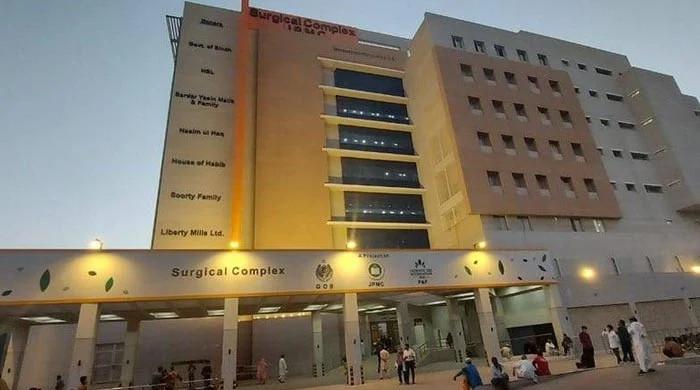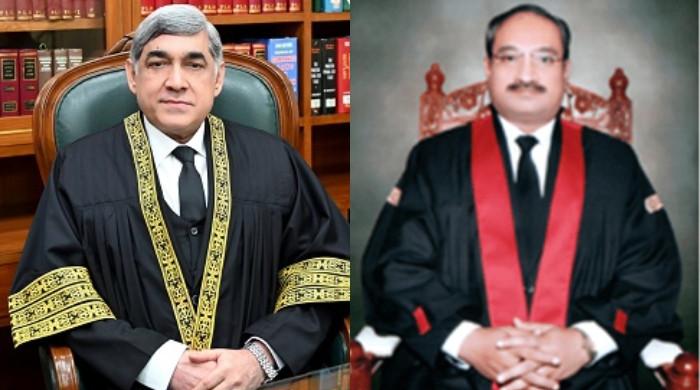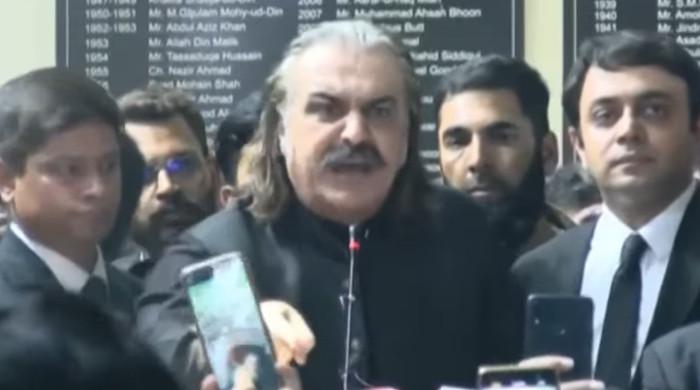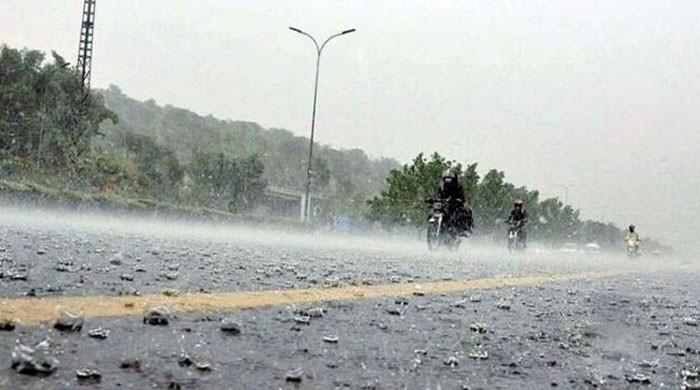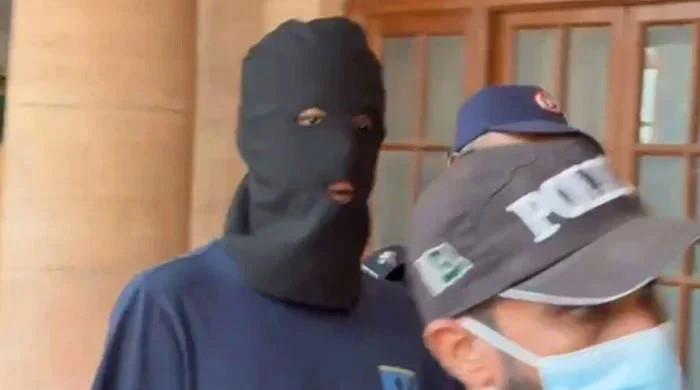ATC approves 14-day judicial remand of Lahore motorway gang rape suspect
Police say terrorism clause included, apart from Sections 376 and 392 of Pakistan Penal Code, in FIR filed
September 15, 2020
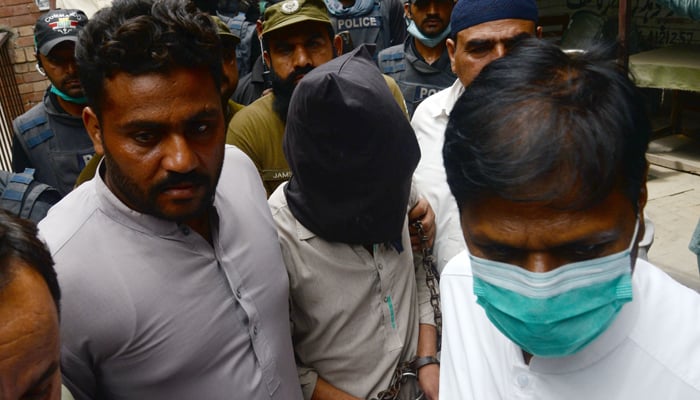
LAHORE: A suspect in the Lahore motorway gang-rape case was handed over to police on a 14-day judicial remand approved by an anti-terrorism court (ATC) on Tuesday.
The suspect, Shafqat Ali, was arrested from Dibalpur a day prior and confessed to committing the crime alongside key suspect, Abid Ali, who remains at large.
A case was registered against Shafqat on behalf of the gang-rape survivor's relative, police informed the court.
They added that apart from Sections 376 and 392 of the Pakistan Penal Code, a terrorism clause was also included in the first information report (FIR) filed at a Lahore police station.
On Monday, Punjab Chief Minister Usman Buzdar had confirmed the arrest of one of the two suspects in the gang-rape case, stating on Twitter that "his DNA has matched, and he has confessed to the crime".
"Our entire team is constantly trying to arrest the accused Abid Ali, whose arrest is expected soon, God willing," Buzdar had added.
Shafqat is the second suspected rapist apart from Abid Ali, sources had informed Geo News a day earlier, and that Waqarul Hassan Shah and Abbas were not suspects anymore. They added that the arrested man was a habitual offender and had been involved in crimes in the past as well.
They said Waqar claimed that Abid had links to Shafqat and his brother-in-law, Abbas, the latter of whom has been detained. Shafqat was then arrested from Dipalpur after being traced through his phone SIM card.
The horrendous crime has sparked anger and countrywide protests calling for public hanging of the rapists.
PM calls for chemical castration of rapists
Separately, Prime Minister Imran Khan in an interview with a private channel late Monday had said there should be fearsome punishments for the sex crimes.
"There should be public hangings but unfortunately when I had a discussion about it I was told that there is no international acceptance for it, and the European Union has given us GSP status for trade and this could affect it", he had said.
However, he had said there should be "chemical castration", if not public hanging, to stop the repeat of sex crimes.
Khan had also hinted that obscenity on TV channels also led to sex crimes.
Low conviction rate
Rape is notoriously difficult to prosecute in Pakistan, where women are often treated as second-class citizens. Legal expert Osama Malik had told AFP the rape conviction rate can be as low as 2%.
"This drops even lower in cases where a minor has been raped. That is one of the reasons that rape is rarely reported", he had said.
Malik had also blamed the societal stigma attached to sex crimes and the "abhorrently misogynistic attitude" of many police officials for the underreporting of rape cases.
Lapses during the collection of forensic evidence and shoddy prosecutorial practices also contribute towards "abysmal" conviction rates, he had added.




